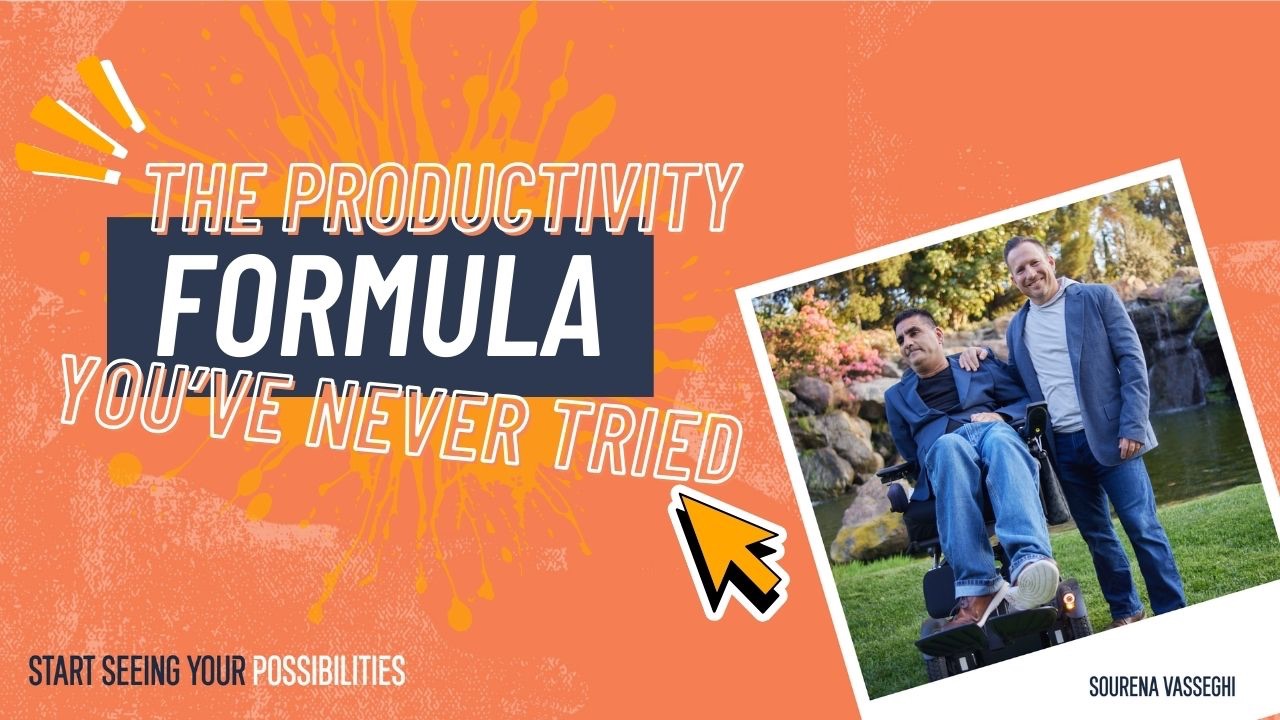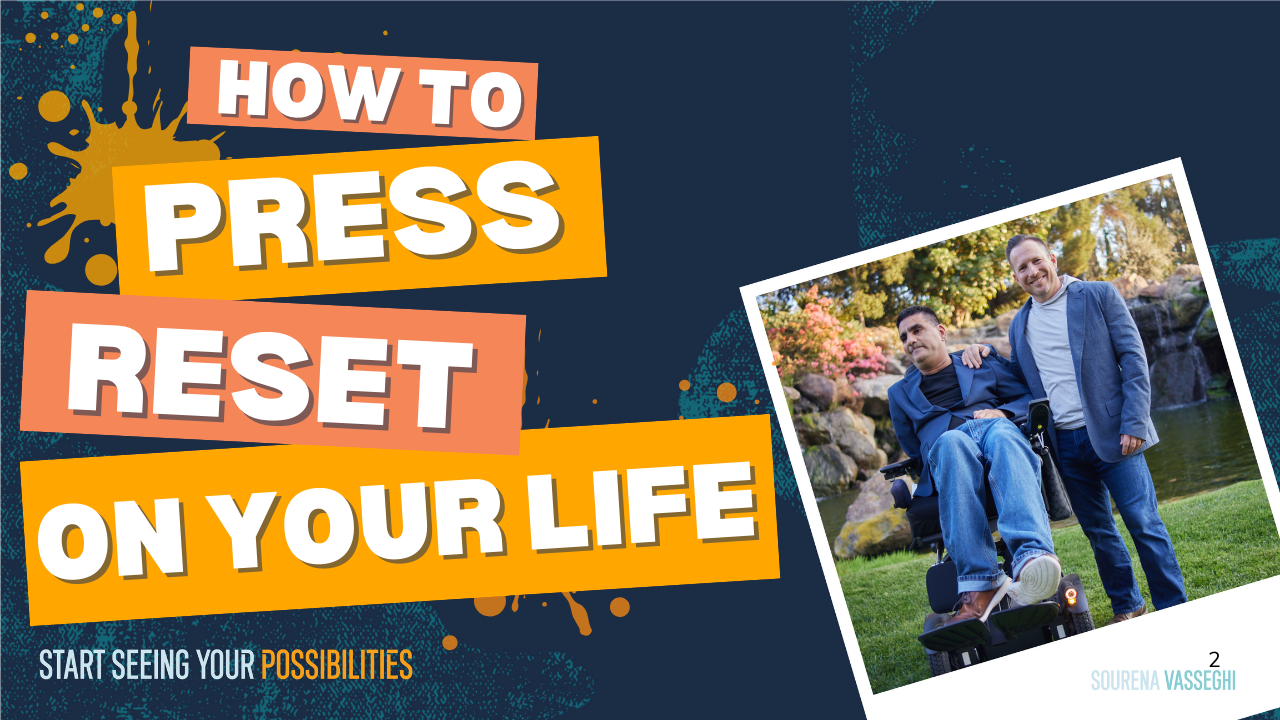How To Change Your Habits

Wouldn’t it be amazing if you could change your habits as easily as you change your clothes? I believe that most people want to do the right thing and live an amazing life. Unfortunately, changing your habits is challenging because you have your narrative, feelings, the people around you, your subconscious, and other factors that get in the way.
If you want an amazing life you have to have a regimen of activities. Those activities need to be executed often. The way we accomplish our goals is the replication of habits and routines. You must have the mindset of amazing habits and routines. It takes a while adopt a new positive habit. I am not a believer in 100 percent changing your habits. If you eat healthy for 100 days or 200 days or even two years, you still might be tempted by unhealthy food. There are people who are sober for two decades, and suddenly start drinking again. In fact, they never lose the urge to drink. There are some habits that will be easy to change, and some habits that will never be easy to keep up. Here are ways to instill positive habits:
Purpose
Your habits need a purpose or a reason as to why they are important to change. If you want to lose weight because you want to look good for your high school reunion or your wedding, those reasons are personal to you. The way that you make your habits personal is by starting off with meaningful goals. Then, you decide what habits you need to change or adopt to support your goals. The more meaning that your goals have, the more likely you are to accomplish them. In the book Smarter, Faster, Better by Charles Duhigg, he writes about a military unit that every time they go through a challenging exercise, they ask each other “why is this so important?”
The stronger the purpose is around your goals, the stronger your resolve will be. When you are faced with temptation or apathy your purpose around your goals will outweigh any resistance. You will be faced with temptation, the opportunity to feel good in the moment, and other things that can derail your habits.
Less Stress and Drama
Along the same lines, you are more likely to abandon good habits in favor of negative ones because of stress and drama. When we are stressed, we are looking for relief. We are looking for something that comforts us in the moment. Many, if not all, bad habits have an instant gratification component. If you are trying to eat better and you had a bad day, then eating that piece of chocolate or that slice of pizza will gratify you immediately.
As you improve your habits, you must also decrease the amount of stress that you have in your life. One of the goals of having positive habits is to improve our lives. If we don’t see the results of our habits and routines, then we adopt the perspective of “what’s the point?” We say to ourselves, “I can feel good right now by eating that cookie, or buying stupid stuff.”
Indirect Habits and Keystone Habits
Our lives are not compartmentalized. If you keep your car clean, you are more likely to eat better. If you make your bed in the morning, you may be more organized. Everything in your life is interconnected. As I mentioned, stress can be a trigger for negative habits.
In the book, Power of Habit, the author writes about keystone habits. Keystone habits are habits that set the tone for other habits. For example, if you make your bed, you are setting the tone for the rest of the day. I start my day by reading books, making a to-do list, and playing with my kids. These habits set the tone for the rest of the day. Other examples include making sure your bills are paid on time, keeping your car clean, being organized, or not misplacing your keys. When you make these things part of your routine, then you’re less likely to have stress. When you have less stress, you are more likely to focus your attention on your goals.
Other examples of indirect habits are getting the proper amount of sleep, exercising, practicing gratitude, reading, connecting with religion, meditation, or just having a conversation with a good friend. These habits influence your goals and give you more energy.
With every goal you need rest and recovery. If you exercise, you need rest afterwards and you need rest during the workout. If you want to be more productive, you need breaks throughout the day and you also need a good amount of sleep. If you don’t get enough sleep, your body thinks that it is under attack. In addition, when you sleep it helps with organizing your thoughts.
Along the same lines, learning about how to achieve your goals helps you be more efficient. This can be reading books, taking online classes, or watching YouTube videos. Everything in life is interconnected and you need a solid foundation for your habits.
Habits are Contagious
Like a cold, habits are contagious. You are more likely to abandon a healthy habit if you have a friend who likes to split dessert. You are more likely to leave early on a Friday if you work in an office where everybody leaves early on Friday. One powerful way to change your habits is to engage with people have similar habits and routines. If you have a goal and want to improve your habits, spend time with those who have already accomplished what you want to do. This can be a mastermind, a coach, or just an assistant who can help you instill positive habits and routines. According to Noah St. John, people need encouragement and every successful person has encouragement. If you want positive habits, you need encouragement along the way. This encouragement can come from a family member, a friend that you don’t talk to often, it can come from books, or inspirational stories.
Let's Stay in Touch!
Join my newsletter. I've love to update you on news about me and ways to stay motivated.
By submitting this form, you agree to receive ongoing updates from Sourena Vasseghi






